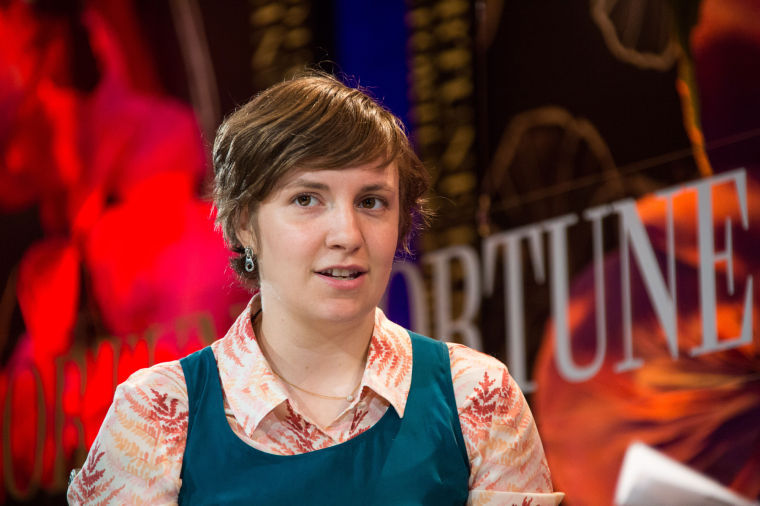
“Lena Dunham, co-showrunner of the HBO hit Girls and host of Saturday Night Live last weekend (on International Women’s Day, to boot), has long been an advocate for women in charge.” —Michael Errigo
Quick, name the first five television showrunners you think of. I bet I can guess some: Vince Gilligan, Matthew Weiner, J.J. Abrams, perhaps. If you like comedy, Dan Harmon or Seth MacFarlane might have come to mind. Maybe you even named Chuck Lorre, creator of all things awful.
But what do all these people have in common? It should be pretty obvious: They are all men.
Why? Women do drama (Scandal, Girls, Masters of Sex, Orange Is the New Black) and they do comedy (New Girl, The Mindy Project). All of these shows are successful, in part because something about them is unique. It could be innovative storylines, characters, technical nuances or other aspects, but all of it results from gaining a fresh perspective. These shows stand out because they avoid the regurgitation and repetition of standard TV.
Overlooking these women’s achievements is understandable because there just aren’t many of them. The Hollywood Reporter releases a list of the top 50 showrunners every year; in 2013, only 12 of those were women. Half of the 12 were co-running a show with a man.
That’s baffling when you consider the track record of female showrunners this year. Masters of Sex has practically carried Showtime, and it’s nearly impossible to go out in public without hearing someone discuss Scandal. In a time when networks run through many failed shows per season, shouldn’t they realize having a woman at the helm is a fairly reliable recipe for success?
Lena Dunham, co-showrunner of the HBO hit Girls and host of Saturday Night Live last weekend (on International Women’s Day, to boot), has long been an advocate for women in charge.
“Networks and studios still seem to be almost pathologically incapable of understanding that women make up 52 percent of the planet,” she said in a February interview with Grantland. “Therefore, programming that have women at its center is not a fad or a trend, it’s a necessary expression and a necessary form of media.”
With showrunners being the closest thing to auteurs of television, having an original vision can make a difference. Tina Fey became a female TV icon when she helped establish 30 Rock, not only as something funny but also as something new. There was a noticeable realness to Liz Lemon, in large part because of Fey’s presence.
In drama, a female perspective, especially on female characters, can bring about previously unseen depth. Male writers and showrunners tend to grasp at the inner workings of women or just give up and cast them as love interests or sex symbols. The best television shows explore human behavior all viewers can relate to, but until recently, “all” has only been half of the population.
So why am I, a man whose favorite shows (Mad Men, The Wire, The Office) are or were all run by men, advocating for this movement? To put it frankly, it’s because TV is not good right now, and when things are going poorly, they need to change. Television has no reason to lag behind other industries in terms of equal opportunity, especially with its current landscape of lifeless, recycled content. It needs new voices to tell us new stories in new ways.



